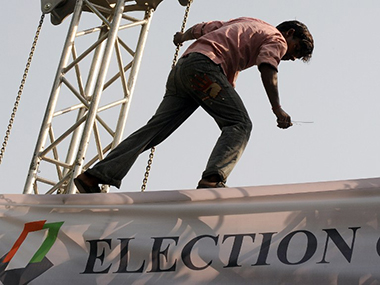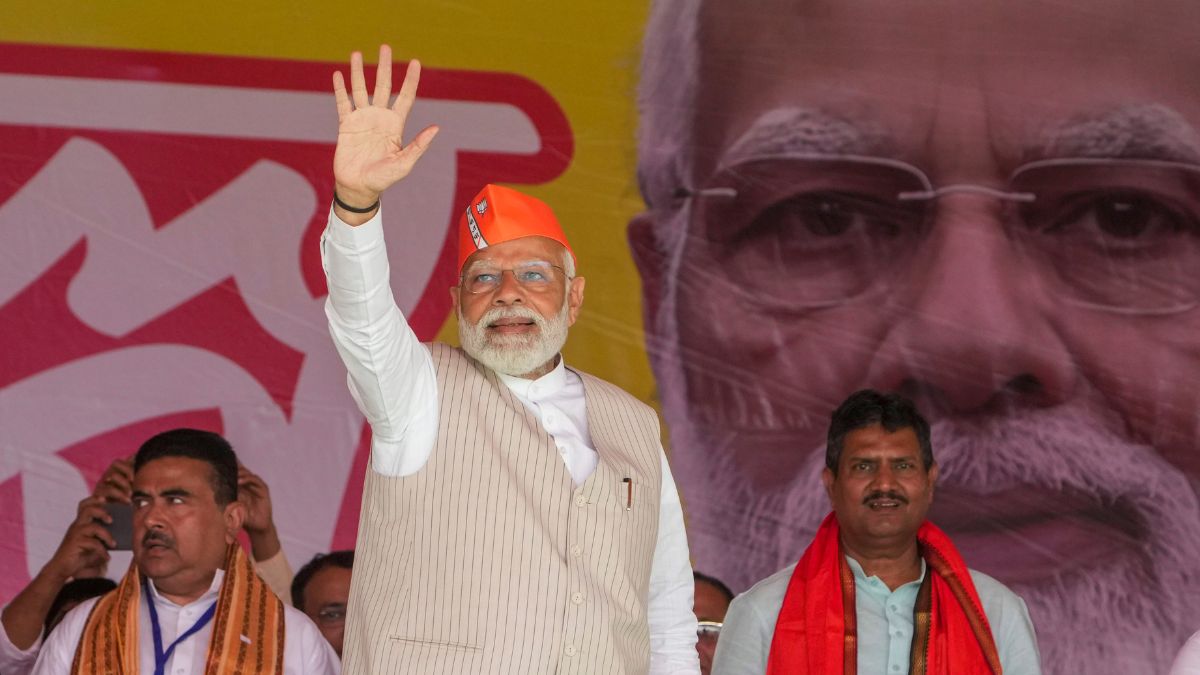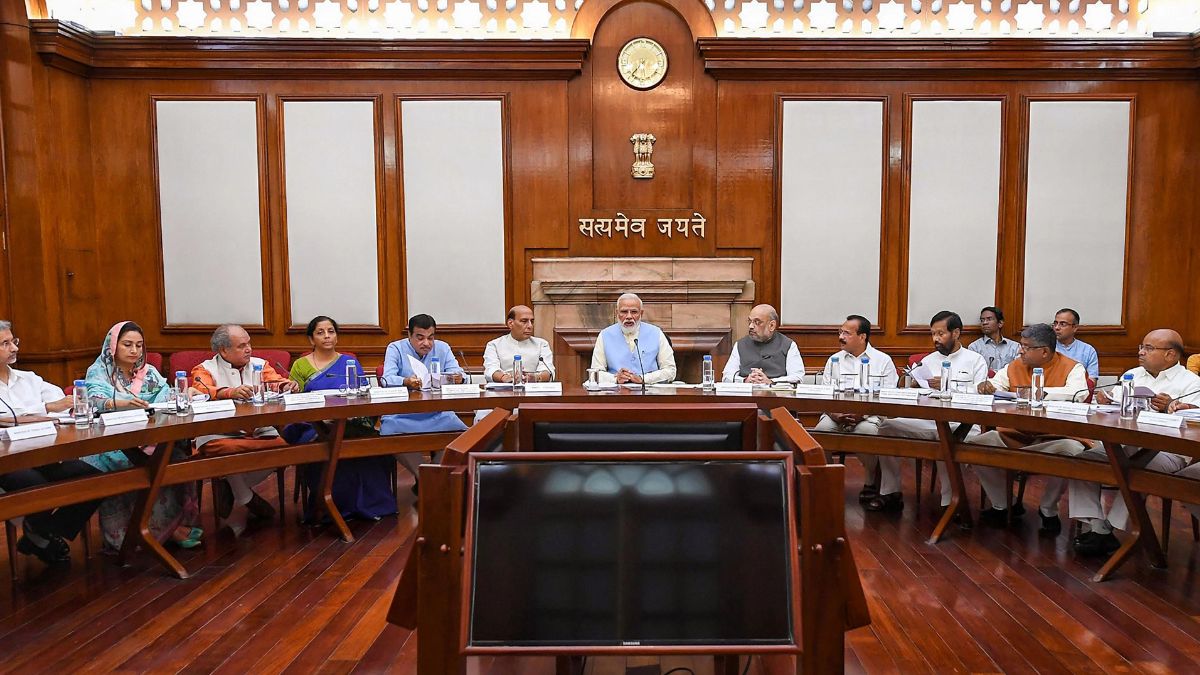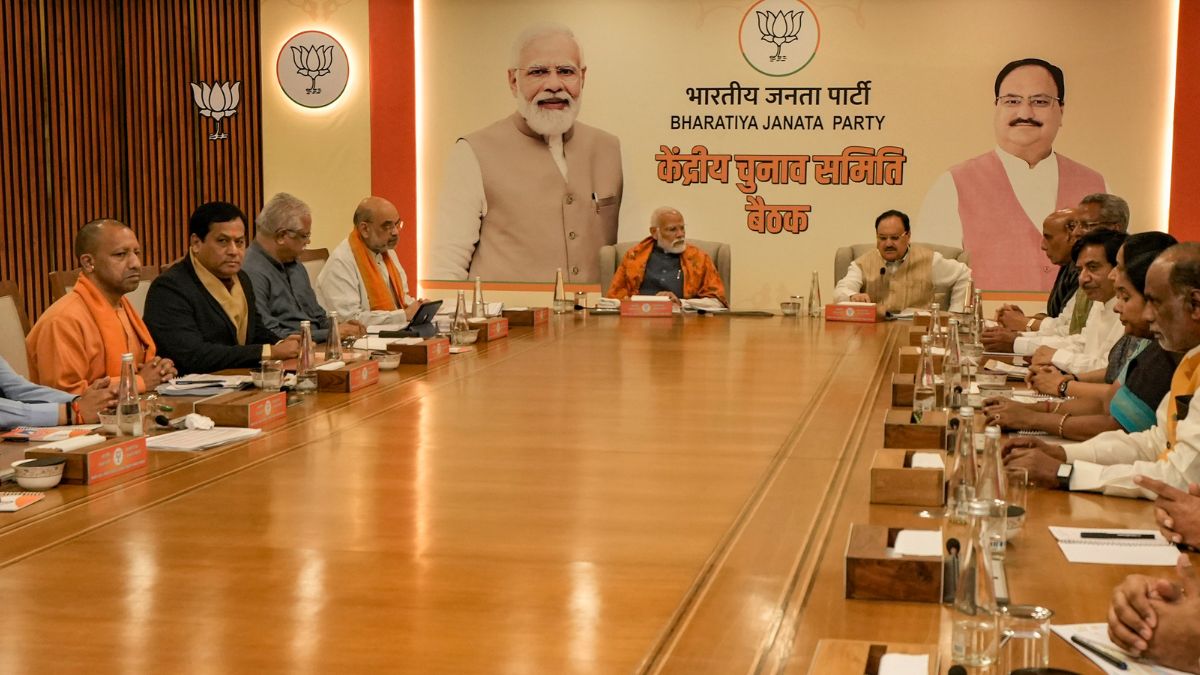The Election Commission belied initial expectations by not announcing dates for Gujarat Assembly election on Thursday. It was one of its kind press conference by the Chief Election Commissioner where the commission chose not to announce dates for one state (Gujarat) and announce dates only for the other state (Himachal Pradesh) where the elections were otherwise to be held simultaneously.
What makes Election Commission’s move even more interesting is the schedule for Himachal Pradesh elections — while 68 seats of the hill state will go to the polls on 9 November, the poll results wouldn’t be declared in a hurry. The state will have to wait for another 39 days (until 18 December) to know who wins and who loses, whether it would be BJP or Congress ruling the state for the next five years.
Five years ago, when elections in these two states — Gujarat and Himachal — were held, the Election Commission on 3 October 2012, had announced poll schedule for both the states in one ago. While a single phase election was held in Himachal on 4 November 2012, Gujarat underwent two-phased election on 13 December and 17 December; the results for both the states were declared on 20 December.
This time around, however, the Election Commission in its collective wisdom decided to split the announcement of the poll schedule for these two states. The big question is why is the Election Commission now doing it differently.
Chief Election Commissioner AK Joti’s response was amusing . He said that in a letter to the Election Commission, the Gujarat government had asked for additional time as the relief and rehabilitation work following July floods was yet to be completed properly. Since the roads in parts of the state were washed out, the rehabilitation work could begin only in September and thus the state sought for some more time for the announcement of the poll schedule and model code of conduct coming into force.
Joti’s response is interesting. The model code of conduct only restricts the state and the central government from making new announcements that could impact the electorate in the state concerned, it does not put any restriction on work already in progress.
What makes the EC’s move even more curious is the fact that now the nation knows (well, almost) when would the results for the Gujarat election be announced. It could be 18 December when Himachal Pradesh poll results are announced and thus the election in Gujarat (to be carried out in two phases) could be anytime between 10 to 16 December. Remember, Himachal would have a lame duck government for around a month-and-half and that could be without any reason other than the logic that the early announcement of results for Himachal might impact Gujarat polls.
It would be bizarre on part of the Election Commission, if it so chooses, to split the counting of votes for these two states. If that happens, it would again be one of its kind decision, at least in the recent decades.
Prime Minister Narendra Modi is going to Gujarat on 16 and 17 October and it is now expected that the Election Commission might announce the poll schedule for the state immediately after Diwali.
Last week, the Election Commission had made a surprise announcement that by September 2018, the commission would be logistically capable to hold the simultaneous elections for all Indian states Assemblies and the Parliament. The question now arises is: if the EC is mulling simultaneous elections in times to come why did it look the other way given that it had the opportunity to have simultaneous polls in at least few states, whose terms end in a succession of two months time.
Consider the scenario — Gujarat and Himachal Pradesh Assembly term gets over almost around the same time; Himachal Pradesh Assembly term ends on 7 January 2018 and the Gujarat Assembly term ends on 22 January.
Immediately after Gujarat and Himachal elections are over (results are announced and governments are formed), the Election Commission would announce the poll schedule for three other states – Meghalaya, Nagaland, and Tripura. This means that except for a gap of 10-15 days (from the end of December 2017 to the first week of January 2018), the model code of conduct would be in force from now onwards until the end of February and early March 2018. The terms of the assemblies in these three north-eastern states end in the first and second week of March 2018.
Modi has been, for quite some time, advocating simultaneous Assembly and Parliament polls. That was the right time to make a small beginning in that direction if the larger goal is to be achieved in due course.
But here is a situation when neither the Election Commission nor the Modi government chose to take a step forward in that direction. The varied election dates and Model Code of Conduct stretching for five months (October to February) mean two things: first, the top political leaders of ruling BJP would be mostly occupied in campaigning, and second, each time the government announces a new scheme or project, the opposition parties would try to create a controversy alleging violation of the Model Code of Conduct.
Last time, the election process in Gujarat and Himachal Pradesh had got over on 20 December 2012, and, on 11 January 2013, the Election Commission had announced the poll schedule for Tripura, Meghalaya, and Nagaland.
October 12 should be taken as a date of missed opportunity in the Election Commission’s calendar when it failed to live up to the simultaneous poll hype created by it and by the prime minister.


)




)
)
)
)
)
)
)
)